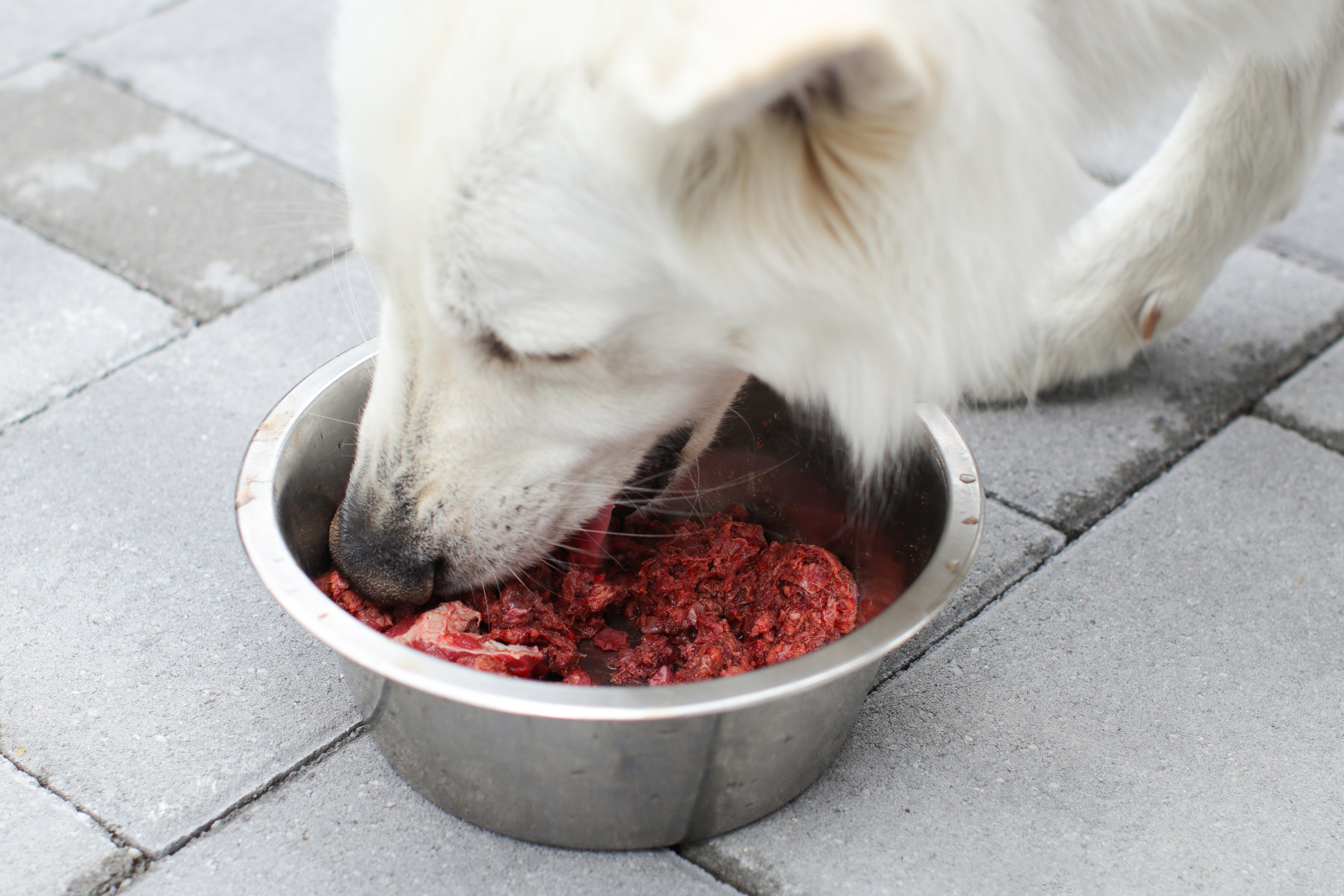We all know the saying give a dog a bone – but giving your pooches a vegan diet could be just as nutritionally fulfilling as a meat-based diet, a new study has suggested.
Experts at the University of Nottingham analysed the nutritional values of 31 meat and plant-based dog foods in the UK and found “properly formulated” vegan diets can be a “healthy and viable alternative” to meat-based options.
They said their findings, published in research journal PLOS ONE, showed it was possible to “rethink” pet nutrition in a way that benefits both our furry friends and the environment – but warned both plant and meat-based dog foods on the market were missing essential nutrients.
The team compared nutritional values including protein content, individual amino acids, vitamin D and all B-vitamins, across the 31 foods against European Pet Food Industry Federation (FEDIAF) guidelines.
They found the nutritional make-up of meat and plant-based foods to be similar in all aspects except for iodine and B-vitamins, which were lower in plant-based foods. It was notable, researchers said, that these are nutrients humans who adopt a vegan diet are often deficient in too.
But scientists added these could be “easily supplemented”, and that their findings provided “important new information” for pet owners.

Rebecca Brociek, who led the study, said: “Our study found that plant-based diets, when properly formulated, can be a healthy and viable alternative to meat-based options. Ideally the next step is long-term feeding studies, but as we begin to rethink pet nutrition, perhaps the alternative isn’t only better for the planet, but also beneficial for our four-legged companions.”
She added adopting a plant-based dietary pattern for dogs can provide “nutritional adequacy,” but that manufacturers should consider supplemental iodine and B-vitamins.
“Veterinary diets, purposely low in crude protein, often have less than optimal essential amino acid composition. These data provide important new information for owners of companion canines being fed plant-based or veterinary diets.”
The Food Standards Agency (FSA) estimates that between one to two per cent of the population of England, Wales and Northern Ireland are vegan. A 2022 survey found 45 per cent of dog owners in the UK were interested in vegan dog food, and from these, 32 per cent said they would buy it as long as it was healthy.
Last year, scientists at the University of Liverpool reinvestigated data that had been used to claim that a nutritionally-sound vegan diet is “the healthiest and least hazardous dietary choice for dogs”.
They found the way the original study had been conducted meant it was “impossible” to draw a firm conclusion from that data as to what diet type is actually best for dogs.
But a study from researchers at University of Illinois College of Agricultural, Consumer and Environmental Sciences in 2023 found that two human-grade, lightly cooked vegan diets for dogs can provide adequate nutrition for the pets.
“One thing to remember is that animals don’t have ingredient requirements, they have nutrient requirements. As long as they’re consuming the essential nutrients in the correct amounts and ratios, dogs can be vegan, vegetarian, or meat-eaters,” study co-author Dr Kelly Swanson explained.
However, they said while any pet owner can put together a vegan meal for their dog, the diet might be imbalanced without careful formulation.



